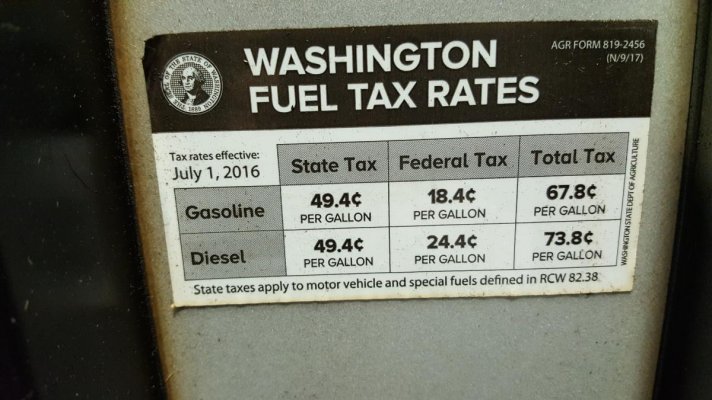Alaskan Sea-Duction
Guru
- Joined
- Jul 6, 2012
- Messages
- 8,058
- Location
- USA
- Vessel Name
- Alaskan Sea-Duction
- Vessel Make
- 1988 M/Y Camargue YachtFisher
This is getting crazy. Tax ASD as I pass Astoria? Toll shipping channel?
https://www.dailyastorian.com/news/...cle_8a4e9956-03b7-11e9-bd98-0337f0c45339.html
https://www.dailyastorian.com/news/...cle_8a4e9956-03b7-11e9-bd98-0337f0c45339.html




